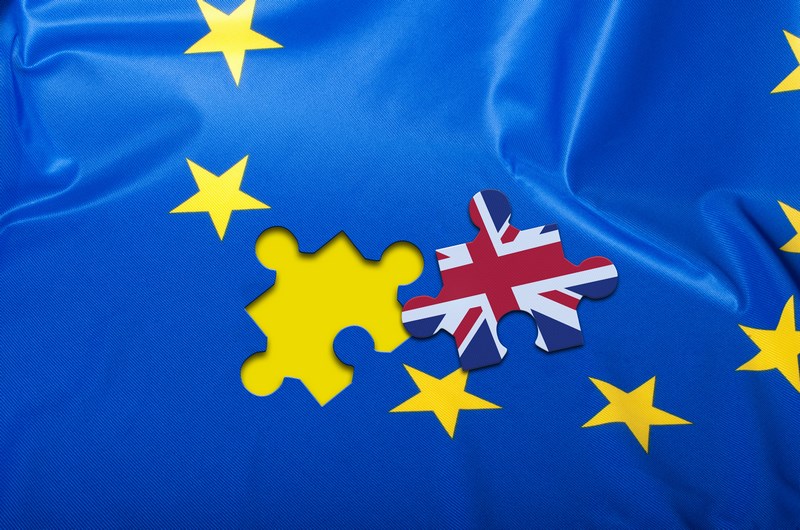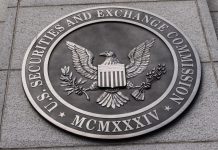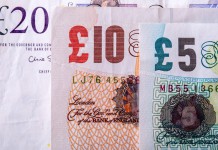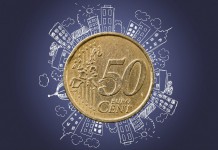A sustained period of Dollar strength on the horizon
As analysts made their predictions for 2018 back in December/January, very few predicted the rally in long-term interest rates we have seen in the U.S. There was a feeling of negativity over the U.S. economy, inflation was benign at best and the prospect of a dovish new Fed. Chairman was adding to the reactive nature of monetary policy.
Now, a few months later sentiment has turned and there is a totally new attitude towards the dollar which is starting to show signs of a sustainable recovery from its lowest level in more than three years.
Yields on ten-year Government bonds hit 3% yesterday a level seen as a watershed for the economy. The dollar index is holding above support at 90.80 and the JPY has fallen below 109 for the first time in two months. With potential foreign policy successes in Syria and North Korea, President Trump is starting to slowly turn around the negativity that had faced his Presidency virtually from his inauguration.
Inflation remains a concern short term and until both its source and direction can be confirmed, short-term interest rates will remain low as Jerome Powell remains in reactive mode. Next week’s employment report has the potential to be the first sign of inflation returning to the economy as expectations for wage growth to be above 3% increase.
Brexit continues to haunt UK economy.
 The pound found something approaching a base yesterday as the frenzy of selling that had started last week finally became little more than a trickle.
The pound found something approaching a base yesterday as the frenzy of selling that had started last week finally became little more than a trickle.
The announcement that the bid from Japanese pharmaceutical business Takeda for the U.K.’s Shire was closer to being accepted gave traders a little more confidence to buy the pound, or at least to stop selling as short positions began to be liquidated.
The pound isn’t out of the woods yet with Chief EU Brexit Negotiator Michel Barnier calling for more clarity from the UK Government on what terms it expects from the relationship following Brexit. That all seems a little superfluous given what has gone before considering that Brussels will reject anything proposed by the UK that doesn’t conform exactly to the requirements of the European Union.
The Irish Border is still the major sticking point and UK Prime Minister finds herself between a rock and a hard place in trying to satisfy the Northern Irish MP’s who are propping up her minority Government. Following the election held last year, it is surprising that the Government has survived this long but that is mostly since the “Irish question” has been studiously avoided.
Euro under pressure as fundamentals turn lower.
The ECB has been under pressure over the past year or so, as the Eurozone economy has improved, to normalize monetary policy and embark on a policy of raising interest rates. They have managed to avoid any change that would have damaged the weaker members of the Eurozone and now as sentiment starts to turn they will be left with few tools with which to avert any slowdown.
Inflation has been benign for some considerable time and has fallen in recent months. With CPI below 1% it is unlikely that there will be any reason to hike rates during this year and possibly next.
Tomorrow’s ECB meeting won’t provide any positive outlook and will be characterized by Mario Draghi’s dovish views on the economy.
It is significant that what had been a source of positivity as the economy was recovering has now become a cause for concern as traders grow impatient with the lack of action from the ECB which they interpret, wrongly, as indecision. The ECB Governing Council has been steadfast in its view of the economy and that view is now being proved correct. Sr. Draghi has maintained his concern over the continued strength of the economy and saw a major difference between the strong and the weak and that is now coming to fruition.

















